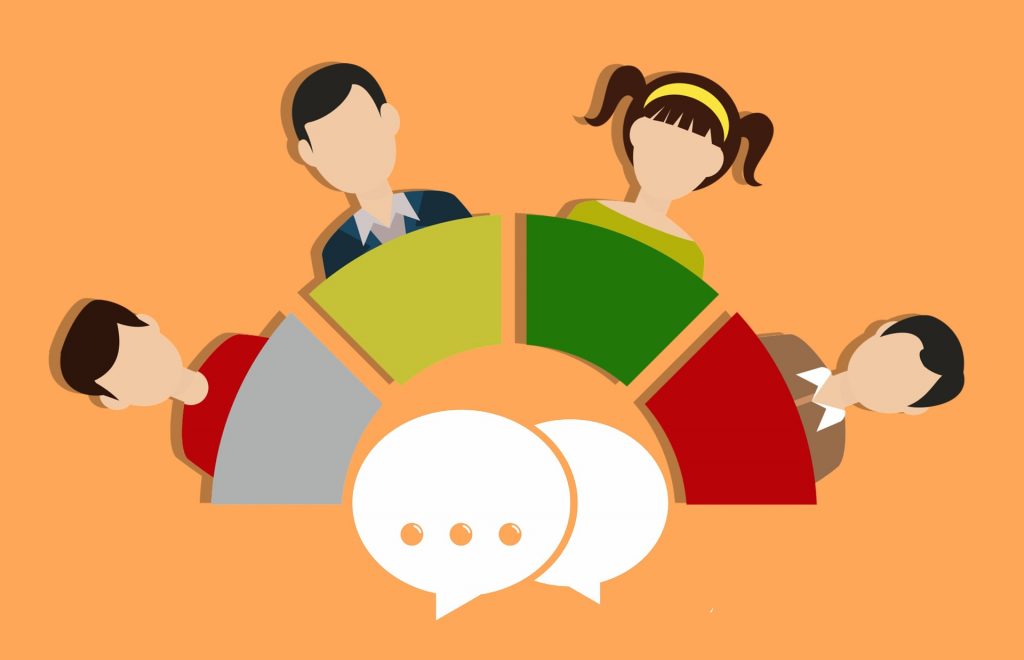A Belgian experiment with lottery-selected ‘Citizens Councils’ is being touted as a better way of deciding political policy.
A part of Belgium is trialling a new way of doing democracy. Instead of elected politicians deciding which issues to focus on, 24 people selected by a random lottery will do so instead. This so-called Citizens Council won’t have actual policy-making powers, but the local government will have to consider implementing every idea that is supported by more than 80 percent of them, and publicly defend themselves if they decide not to make the Citizen Council’s proposals happen.
So, would the world benefit if more places and countries adopted these Citizens Councils? Some people are a bit squicked out by the idea that non-elected people should have such an influence on government policy. After all, it’s perfectly possible that the lottery could select a bunch of people whose opinions on how their society and economy should be managed are far out of step with what most people would be happy with.
But other people think that the project would be a great way to improve diversity in politics. They point out that elected politicians are predominantly from privileged social classes and backgrounds, and that the Citizens Council may therefore be a great way to add the voices of different kinds of people to political discussions. Politicians, in turn, may be exposed to a wider variety of viewpoints and lived experiences which would help them make policy decisions that feel fairer to more people. And knowing you might one day be called upon to shape the direction of your society might make everyone more engaged in politics and economics overall.
Read our explainer on: the role of the state.

